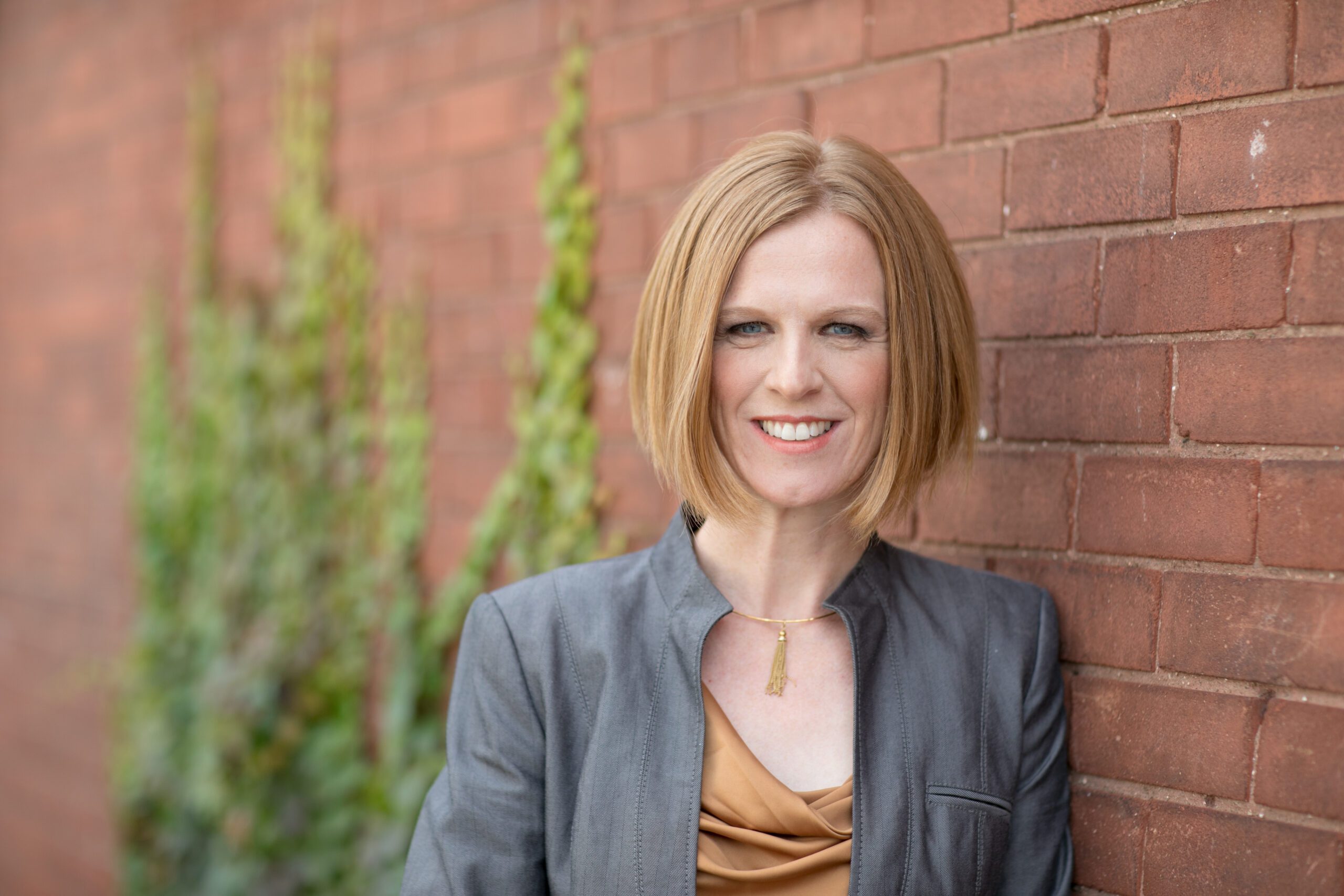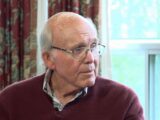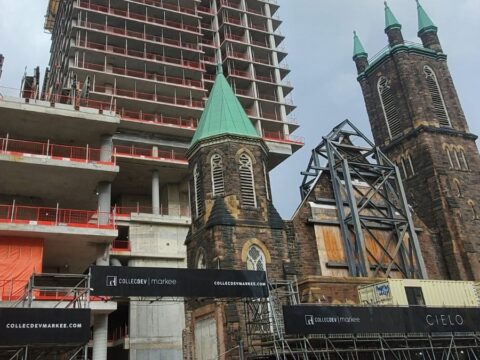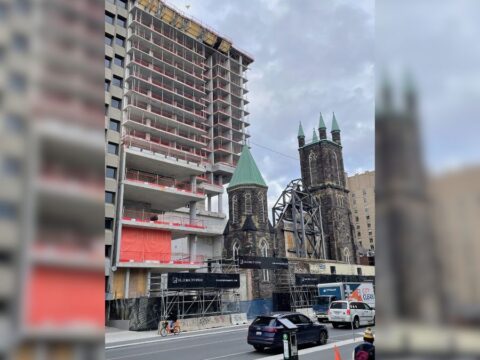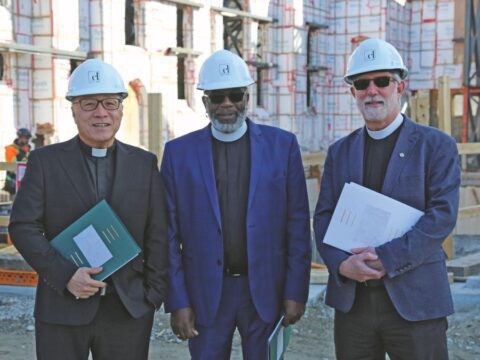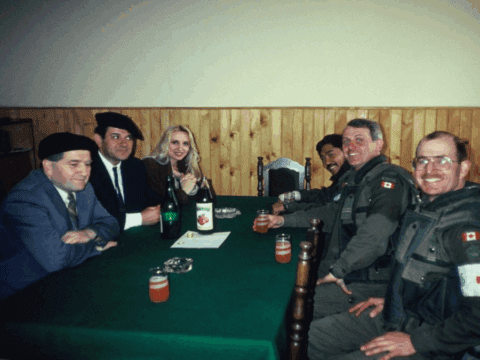I didn’t think I had a #MeToo story. At least, not one that’s as shocking as those we’ve all read in the media or as troubling as those in this month’s cover story, “#MeToo in the United Church.”
So ever since the #MeToo movement began — with so many women speaking bravely to the pervasiveness of sexual harassment and assault in our society — I’ve also felt a bit sidelined. I, too, wanted to be courageous and speak truth to power, but I had nothing much to say.
You may unsubscribe from any of our newsletters at any time.
Then I remembered two distinctly uncomfortable situations, both stemming from my early career in newspapers. The first involved an after-hours social event in which an older male reporter suggested we play a game, which amounted to sexually ranking the young women in the group. I went along until it became uncomfortable. When I said I no longer wanted to play, the male reporter responded, loudly and incredulously, “You don’t want to talk about sex?!” I swallowed back tears and went home humiliated: Was he right? Was I being a prude?
Another time, on my very last shift at a different newspaper, a supervising editor asked me out for a drink after work, ostensibly to celebrate my time at the paper. But we’d already had a group goodbye party, and I really just wanted to get home. I politely declined. He kept asking, and I kept refusing. Three or four times. Finally, as I was packing up to go, he invited me into his office, sat directly across from me, knees spread wide apart, and conducted a quasi exit interview. Was he hitting on me or just being friendly? I’ve never settled on an answer.
When the #MeToo movement came along, I suddenly realized I’d only ever tried to understand these two incidents from the men’s perspectives. But what about my viewpoint? I had said no — both times. That should have been enough.
The nine women who have shared their #MeToo stories in this issue are just as courageous as the movie stars and countless others who’ve done the same. Coming forward was their choice. Some are named, and some aren’t. That too was their choice — except in circumstances where naming the woman might give away the identity of the alleged perpetrator. For legal reasons and to honour the wishes of sources, we’ve obscured the identities of the men accused.
Several of the women’s stories include examples of sexual violence, and for some people they could be a trigger (consider this a reader advisory). All the stories are hard to read because they took place within our United Church community. These are our circles; this is happening around our own hearth.
The Observer didn’t shy away from reporting the painful accounts of sexual abuse at church-run residential schools. Our hope is that by giving voice to these #MeToo stories, a new conversation about sexual misconduct can begin.

